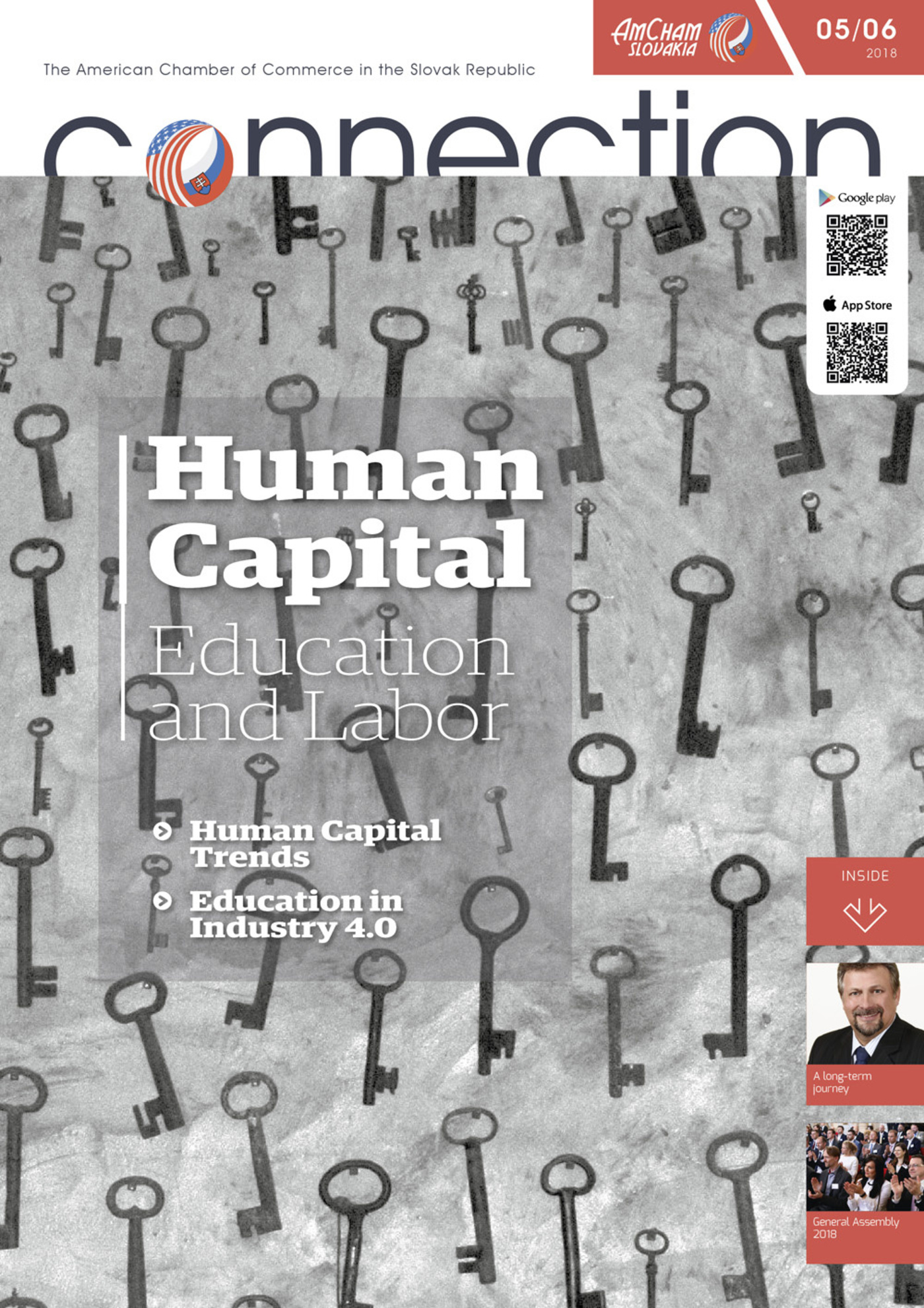According to PwC, a quarter of Millennials expect to have six or more employers over a lifetime. And, with Baby Boomers beginning to transfer out of the workforce, preserving institutional knowledge has become business critical.
Yes, things like competitive pay and opportunities for advancement will always be critical variables for winning the war on talent. But, for Microsoft in Slovakia and the Czech Republic, the real “x-factor” in talent cultivation is ensuring each individual employee feels like they are personally making an impact. These are the people who go home at the end of the day feeling satisfied and actually look forward to the next day’s challenges.
The real question is how you go about achieving this. With employees who might range in age from 18 to 80, you will inevitably have a range of communication styles, technology preferences and perspectives. So, how do you create a culture of empowerment where individuals and teams can work effectively together?
To help businesses across the region understand how best to empower their employees, Microsoft commissioned research examining the interaction of technology and people in the workplace. Surveying 20,000+ workers working in medium and large companies from a range of industries across 21 European countries, the research delved into the technology people use at work, their attitudes toward their jobs and performance, and the intersection between the two.
The key insight: to unlock the full potential of the modern workforce, you need both modern technology and a strong digital culture. A digital culture is defined as an environment where business leaders champion technology’s role in powering the company’s success and making certain people feel confident using new technology via training and easy access to information.
In a strong digital culture, we see a significant difference emerging: increase in employees’ sense of empowerment – e.g. when employees feel able to do their best each and every work day. The research shows a powerful impact across age groups:
- 6% of workers aged 36 and over feel highly empowered when in weak digital culture. However, of those working in a strong digital culture, more than one-third (37%) feel highly empowered.
- 8% of workers aged 35 and under report feeling highly empowered when in a weak digital culture. But, of those working in a strong digital culture, almost half (47%) feel highly empowered.
From my own experience, I can understand why we see this difference. Simply put: companies with a strong digital culture are companies that actively embrace change. These businesses prize a “learn-it-all” mentality versus a “know-it-all” one – encouraging their people to continuously learn and develop. In an environment like this workers feel truly empowered, able to finish each day knowing they were at their best, and confident they’ll be even better tomorrow.
Make digital culture a part of your employer brand
To win the war for talent, it’s important that a strong digital culture is part of your employer brand. Managers have a key role in play in this, setting the norms in terms of how technology is used as part of everyday work. In addition, senior leaders need to communicate a clear vision for how technology will help drive growth and help each individual be at his or her best.
We in the HR industry have a big part to play too. When looking at touchpoints with all talent – both current and prospective – it’s helpful to ask if your company is clearly communicating its commitment to:
- Empowering people – through technology and flexible work culture – to work effectively as individuals and as teams
- Supporting lifelong learning
- Providing regular, timely feedback on employees’ professional development
As the battle for top talent shows no sign of letting up, now is the time to look at the strength of your digital culture, as well as how well it is reflected in your employer brand. Bolstering workers’ sense of empowerment will pay off in dividends – not only increasing productivity today, but helping ensure you are future-proofing your talent over the long term.
Nadine MacDonald, HR Lead, Microsoft Slovakia and Czech Republic



Follow us